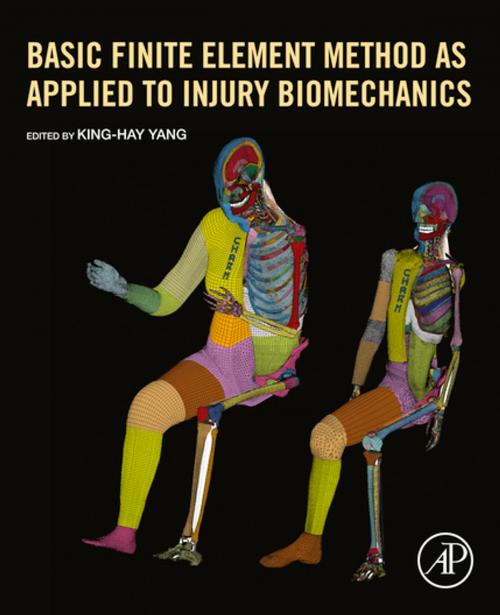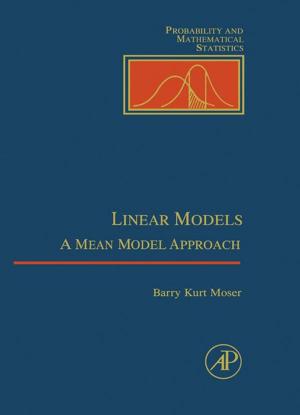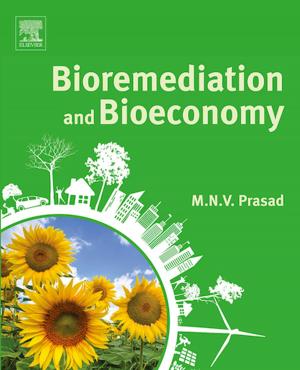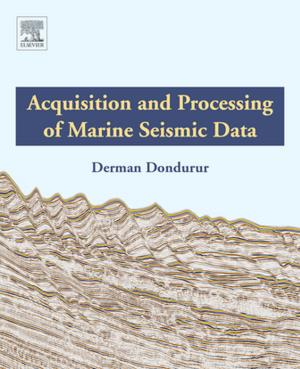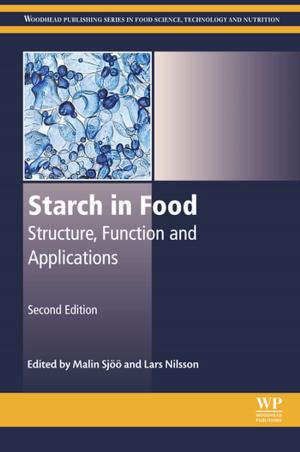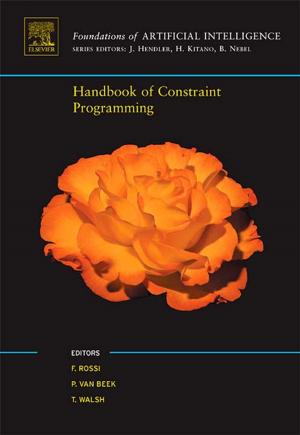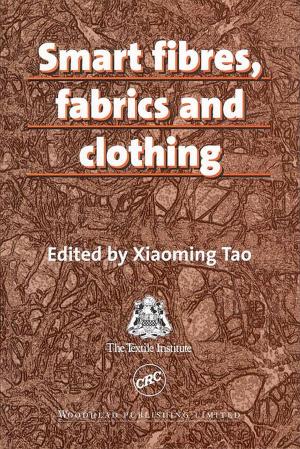Basic Finite Element Method as Applied to Injury Biomechanics
Nonfiction, Health & Well Being, Medical, Allied Health Services, Medical Technology, Science & Nature, Technology, Engineering| Author: | King-Hay Yang | ISBN: | 9780128098325 |
| Publisher: | Elsevier Science | Publication: | September 22, 2017 |
| Imprint: | Academic Press | Language: | English |
| Author: | King-Hay Yang |
| ISBN: | 9780128098325 |
| Publisher: | Elsevier Science |
| Publication: | September 22, 2017 |
| Imprint: | Academic Press |
| Language: | English |
Basic Finite Element Method as Applied to Injury Biomechanics provides a unique introduction to finite element methods. Unlike other books on the topic, this comprehensive reference teaches readers to develop a finite element model from the beginning, including all the appropriate theories that are needed throughout the model development process.
In addition, the book focuses on how to apply material properties and loading conditions to the model, how to arrange the information in the order of head, neck, upper torso and upper extremity, lower torso and pelvis and lower extremity. The book covers scaling from one body size to the other, parametric modeling and joint positioning, and is an ideal text for teaching, further reading and for its unique application to injury biomechanics.
With over 25 years of experience of developing finite element models, the author's experience with tissue level injury threshold instead of external loading conditions provides a guide to the "do’s and dont's" of using finite element method to study injury biomechanics.
- Covers the fundamentals and applications of the finite element method in injury biomechanics
- Teaches readers model development through a hands-on approach that is ideal for students and researchers
- Includes different modeling schemes used to model different parts of the body, including related constitutive laws and associated material properties
Basic Finite Element Method as Applied to Injury Biomechanics provides a unique introduction to finite element methods. Unlike other books on the topic, this comprehensive reference teaches readers to develop a finite element model from the beginning, including all the appropriate theories that are needed throughout the model development process.
In addition, the book focuses on how to apply material properties and loading conditions to the model, how to arrange the information in the order of head, neck, upper torso and upper extremity, lower torso and pelvis and lower extremity. The book covers scaling from one body size to the other, parametric modeling and joint positioning, and is an ideal text for teaching, further reading and for its unique application to injury biomechanics.
With over 25 years of experience of developing finite element models, the author's experience with tissue level injury threshold instead of external loading conditions provides a guide to the "do’s and dont's" of using finite element method to study injury biomechanics.
- Covers the fundamentals and applications of the finite element method in injury biomechanics
- Teaches readers model development through a hands-on approach that is ideal for students and researchers
- Includes different modeling schemes used to model different parts of the body, including related constitutive laws and associated material properties
